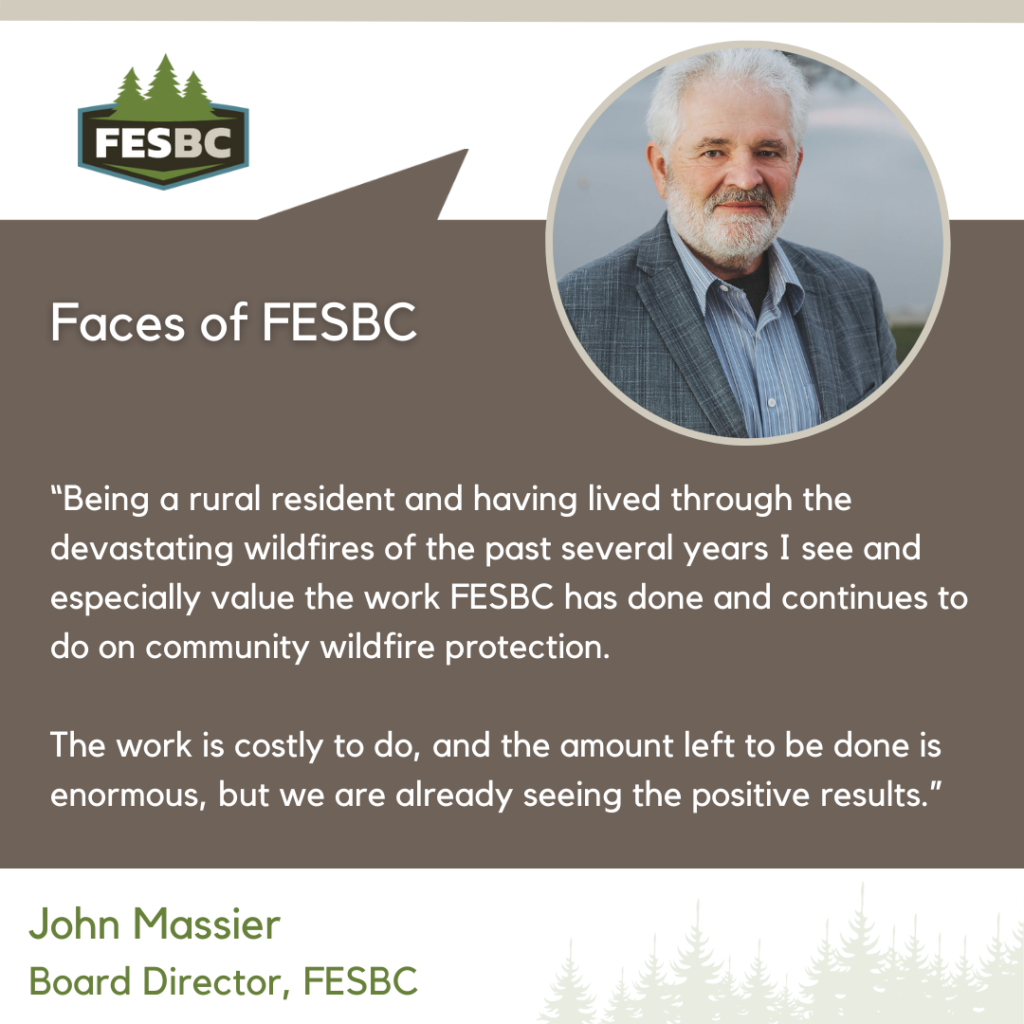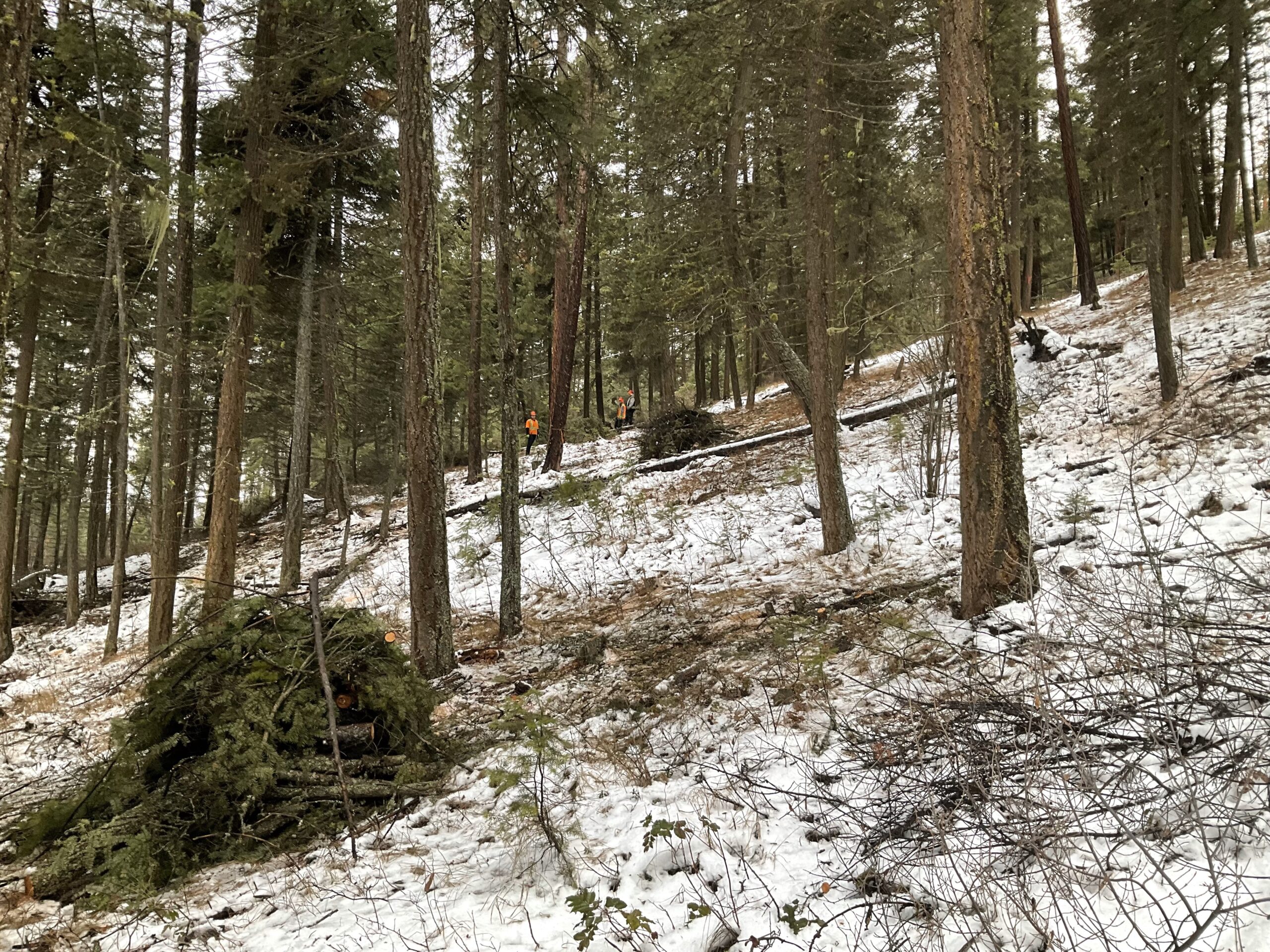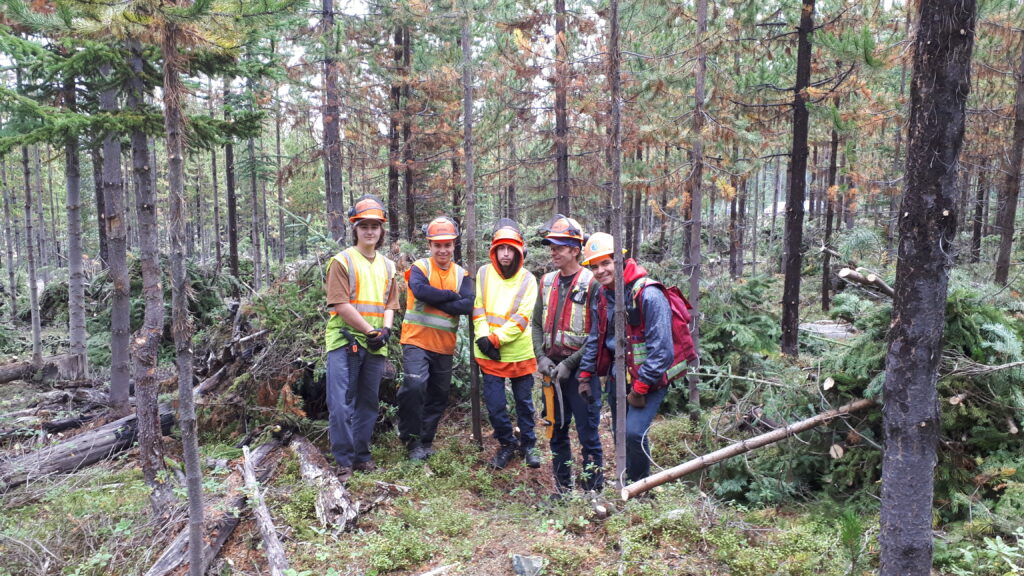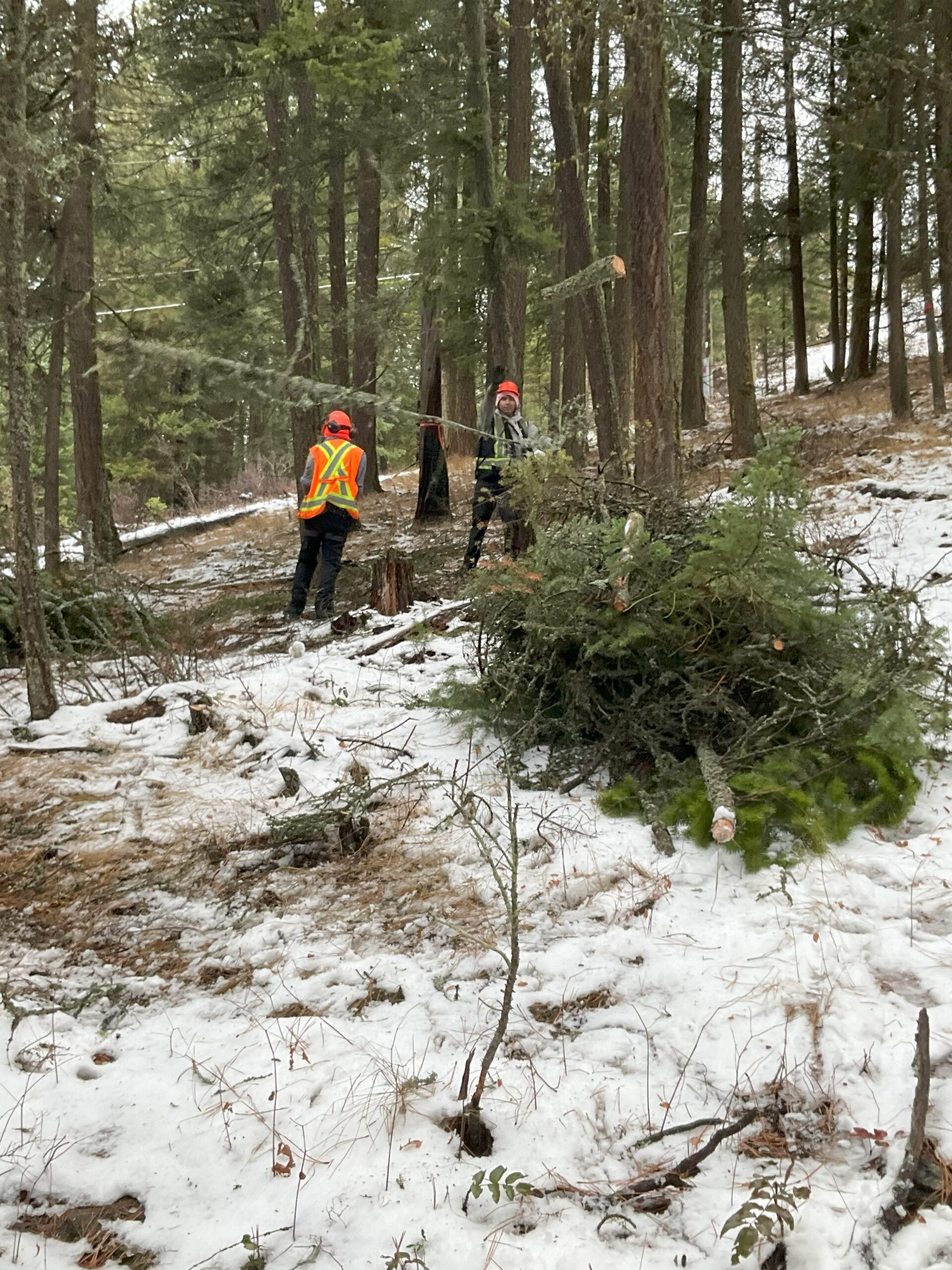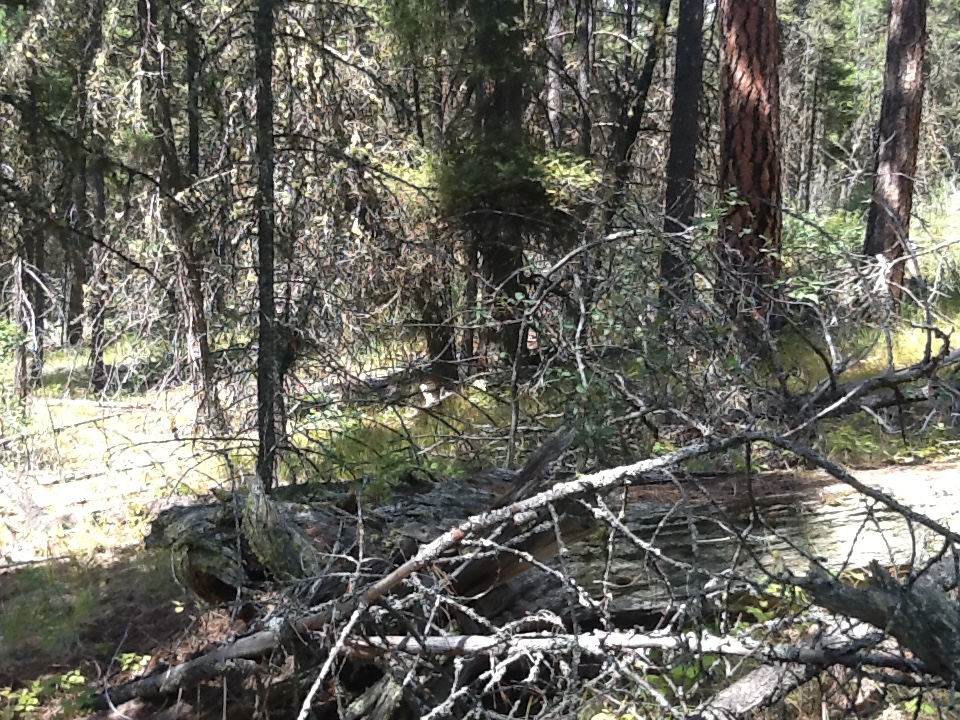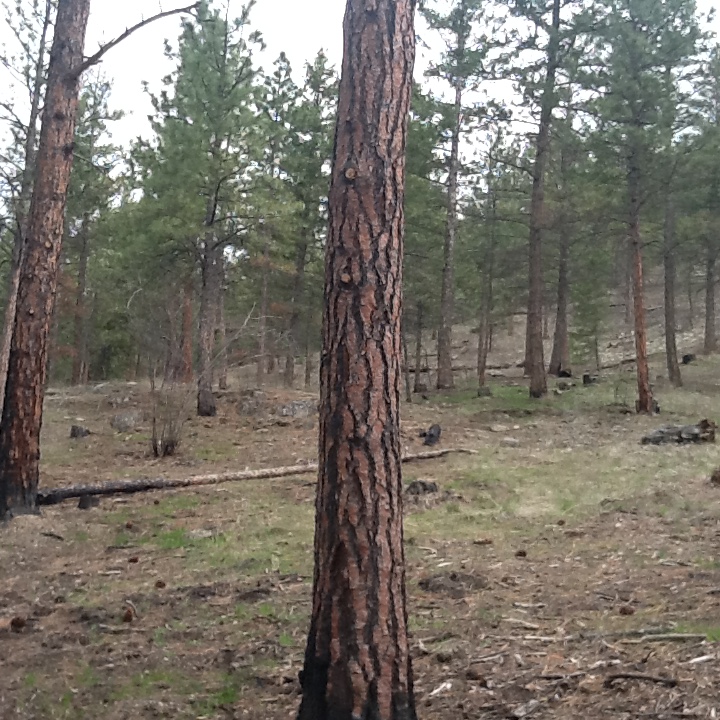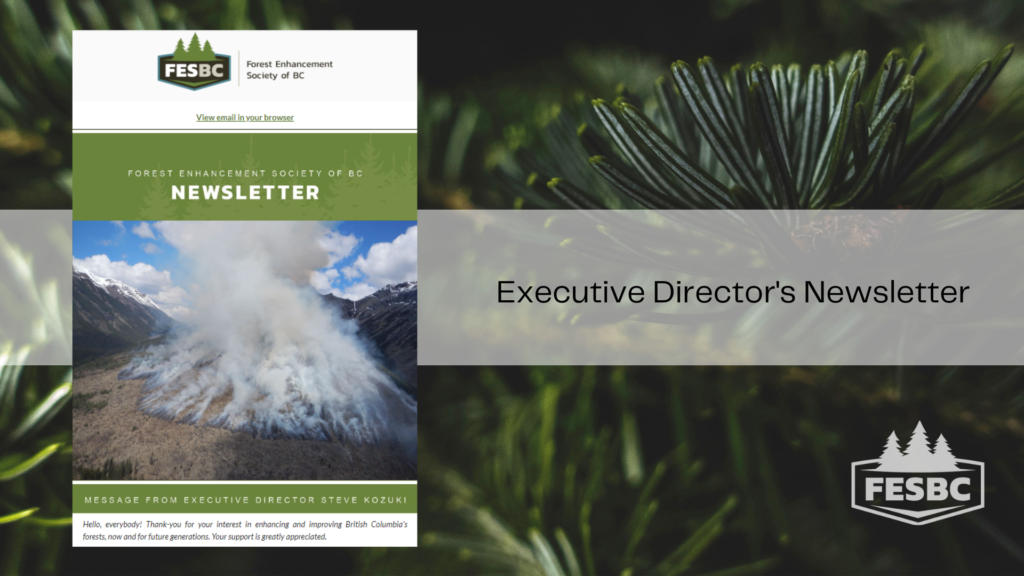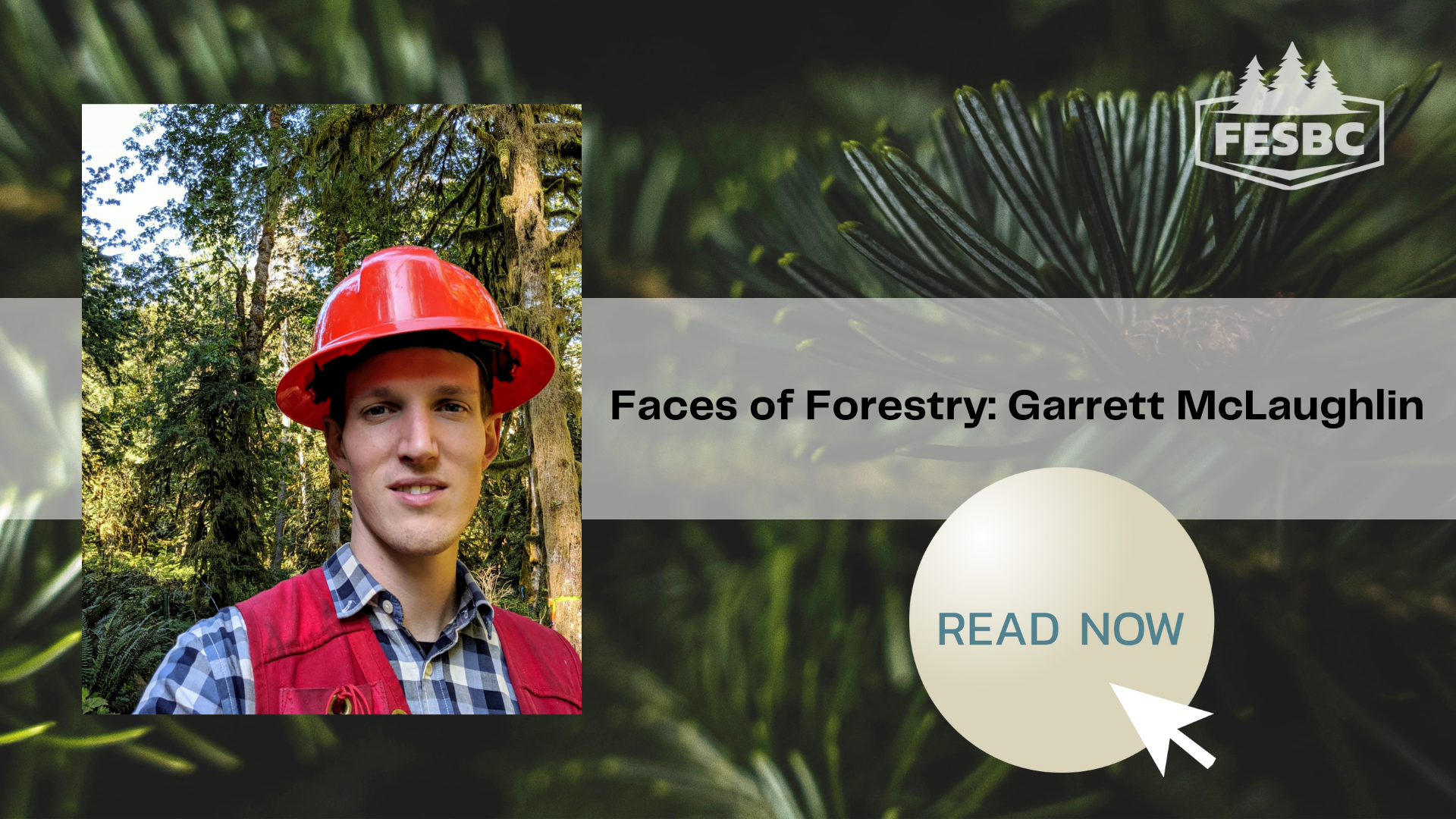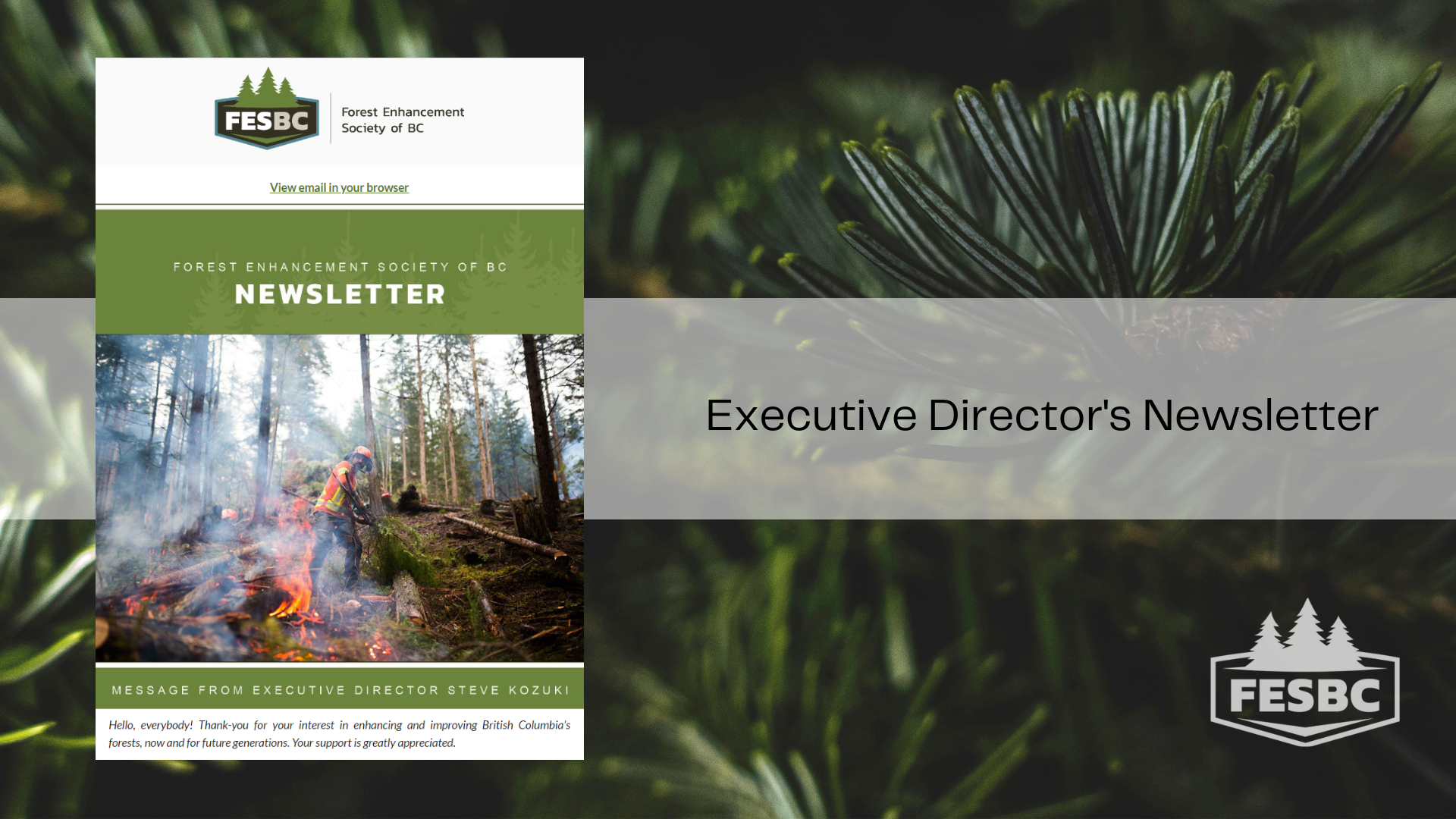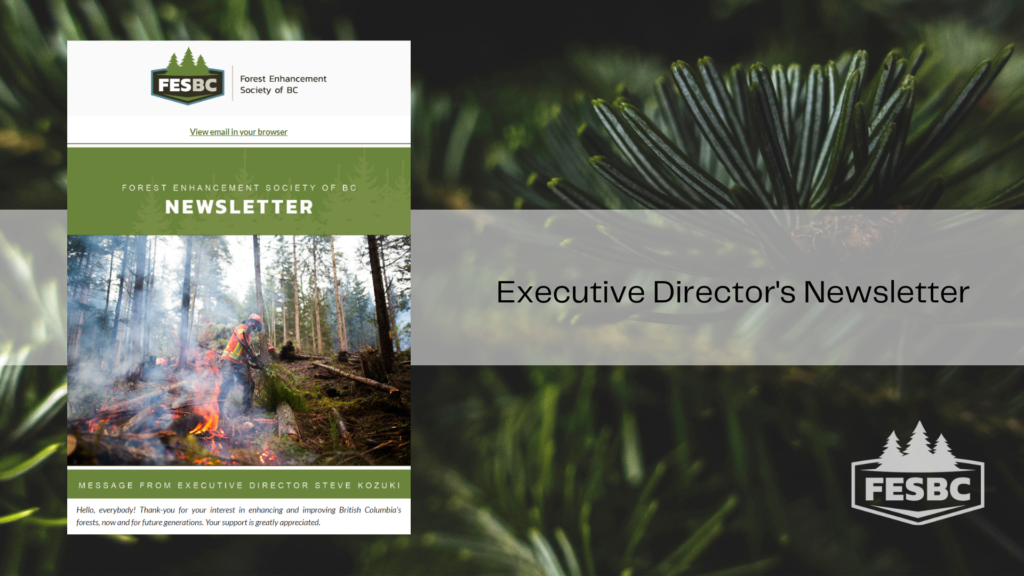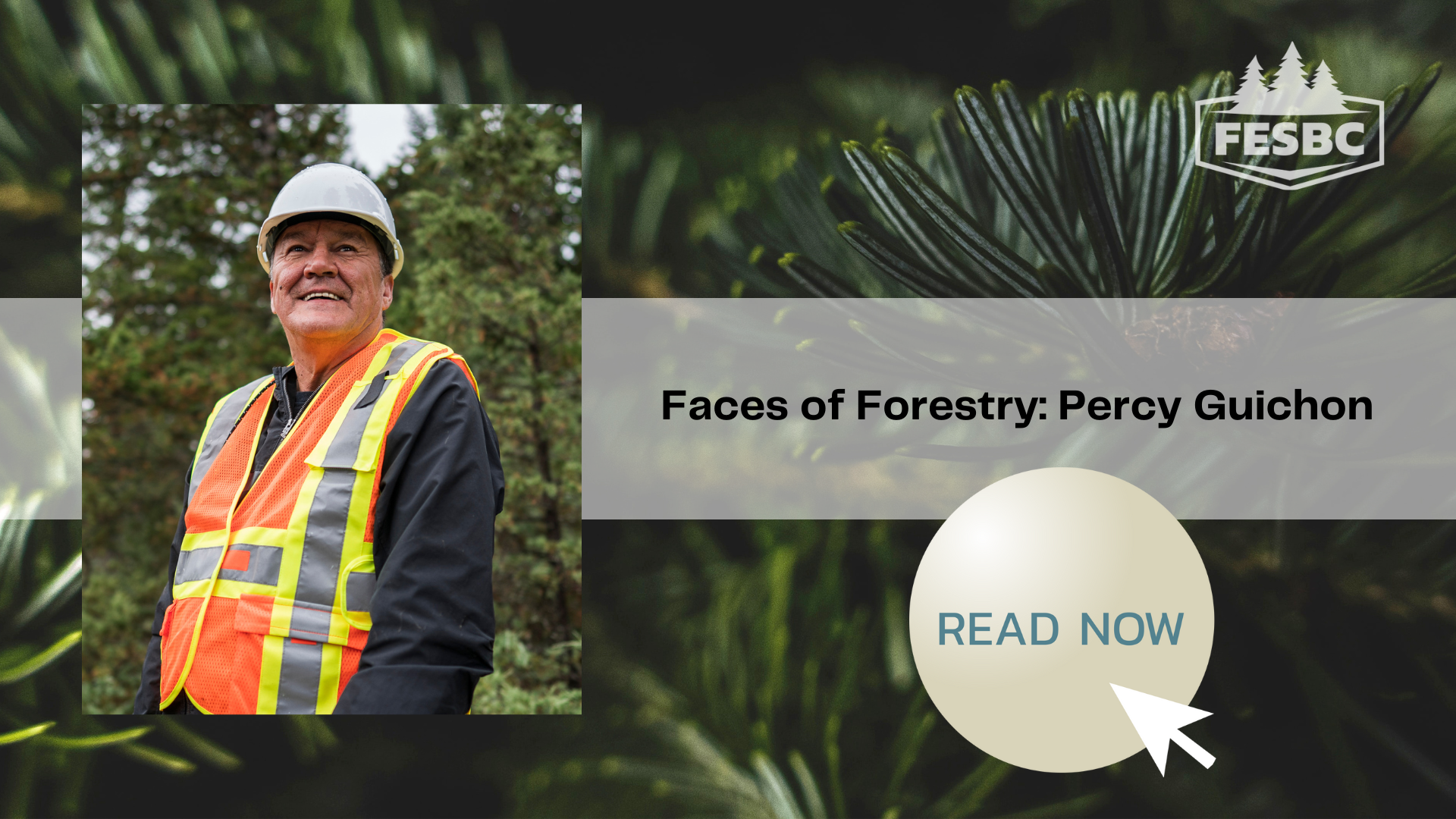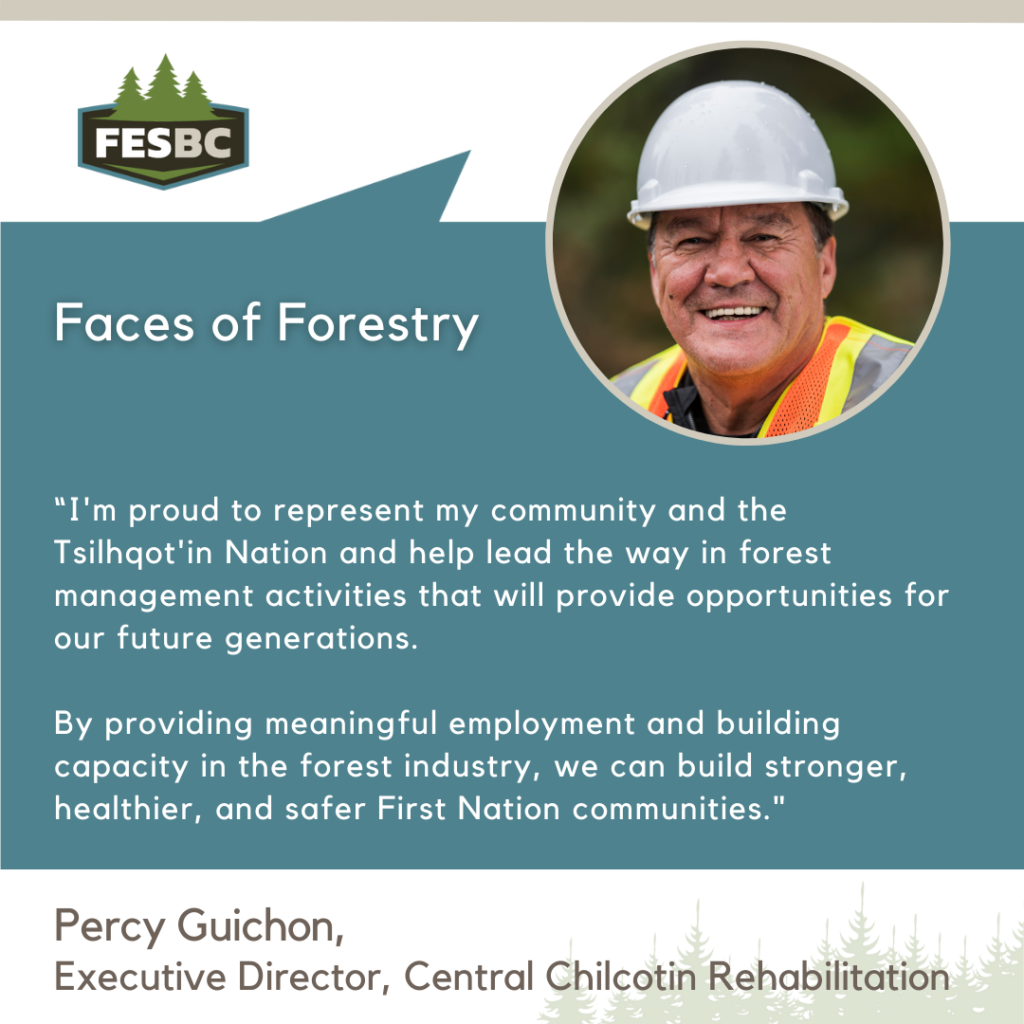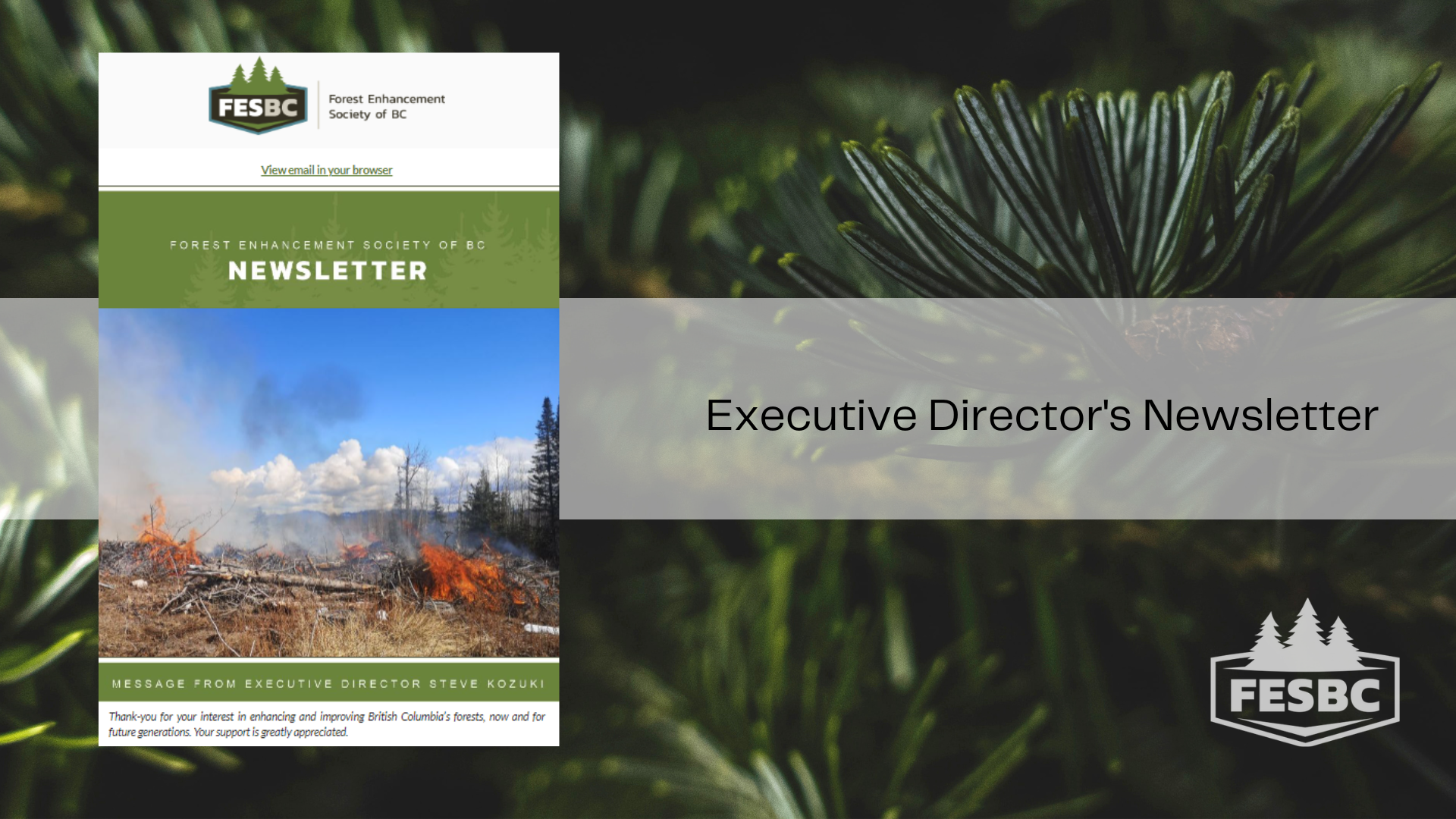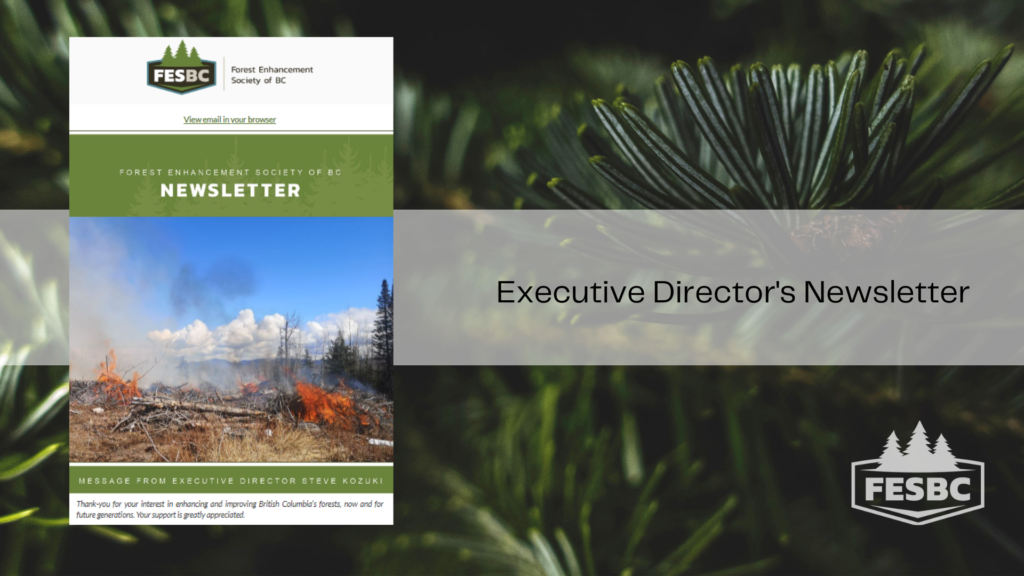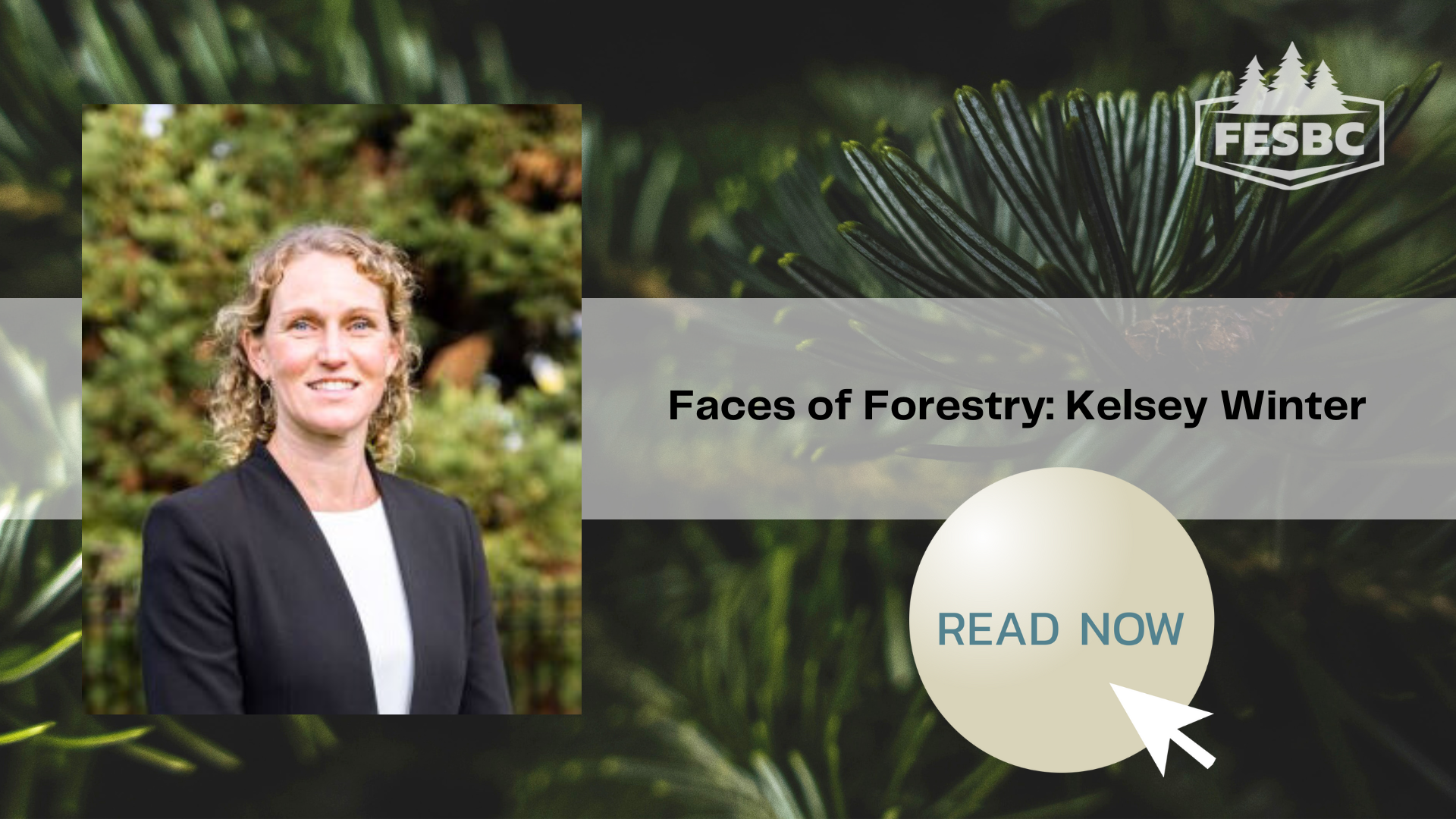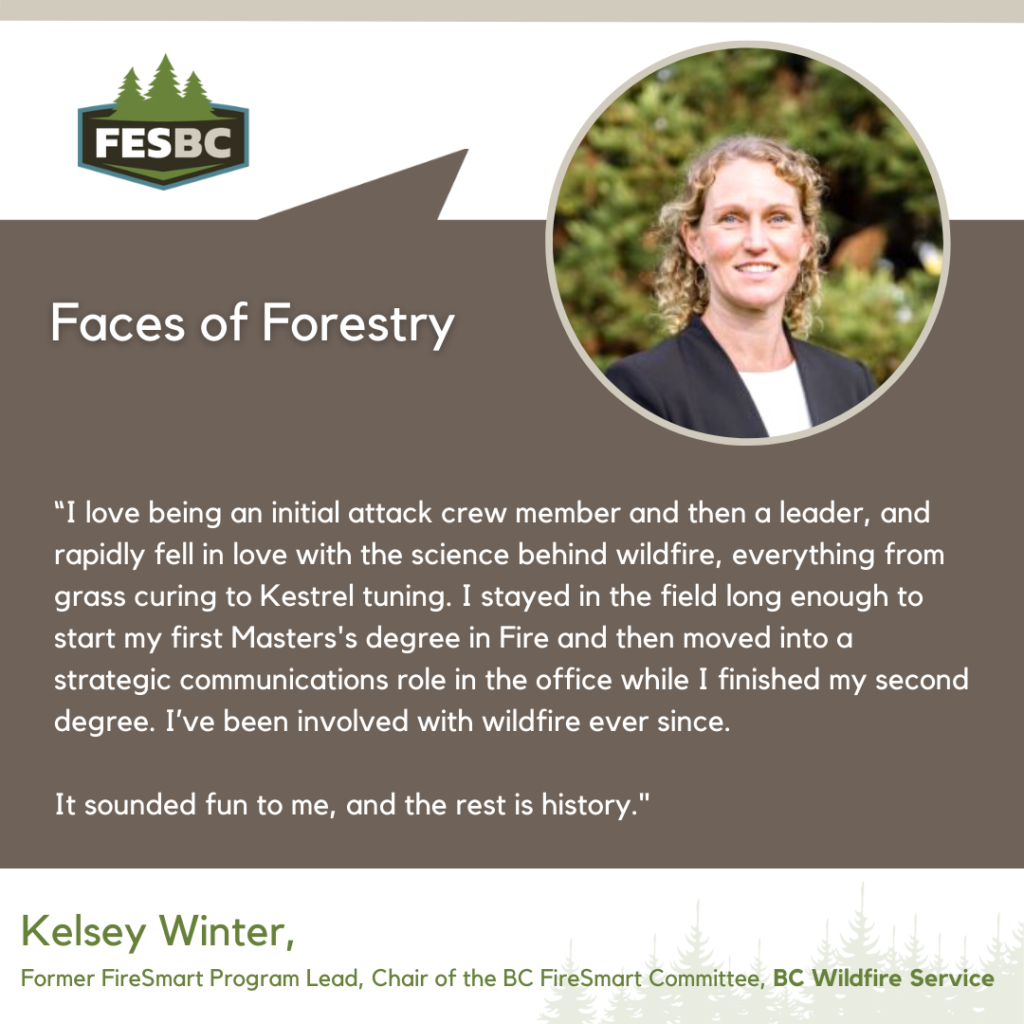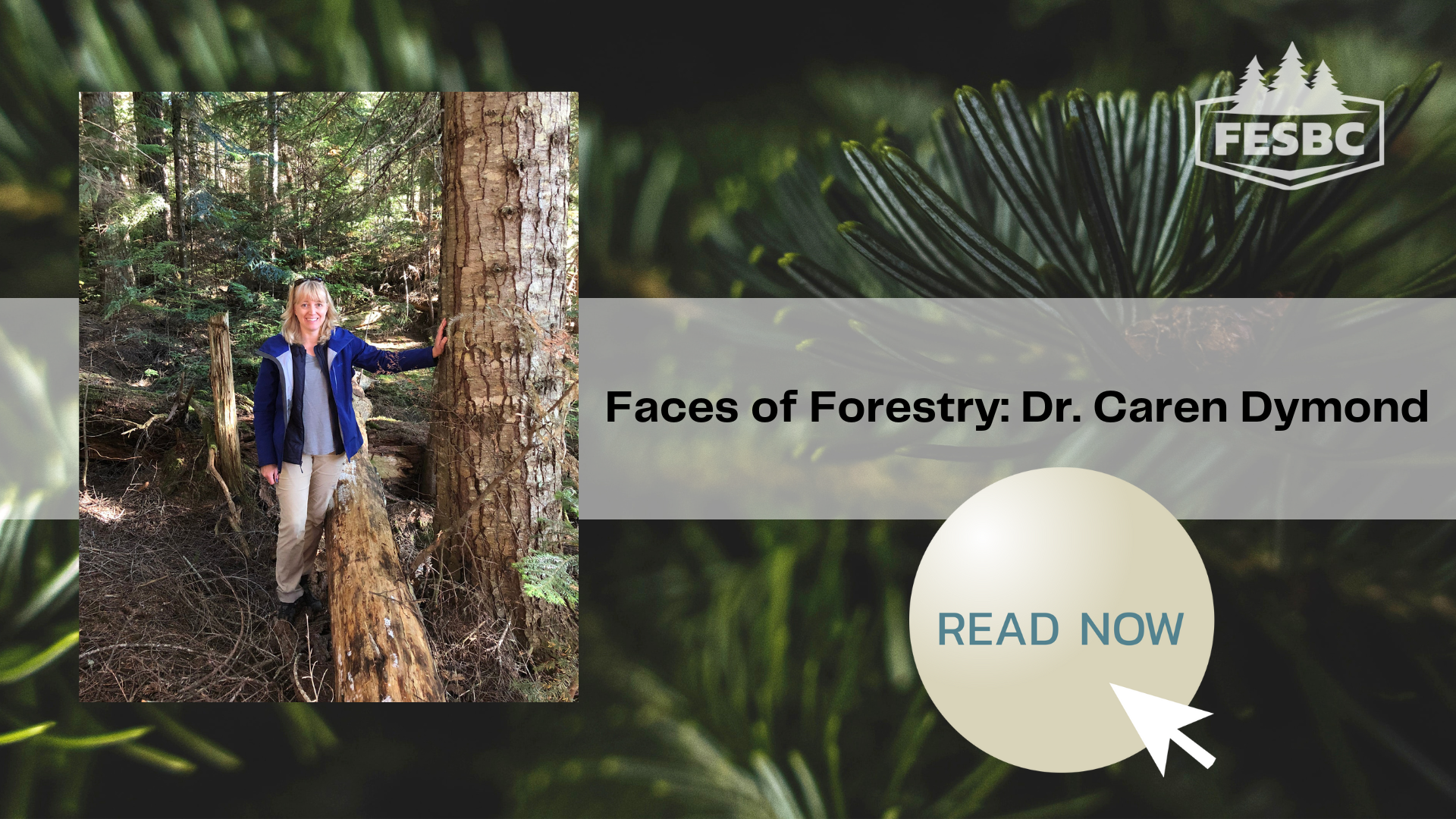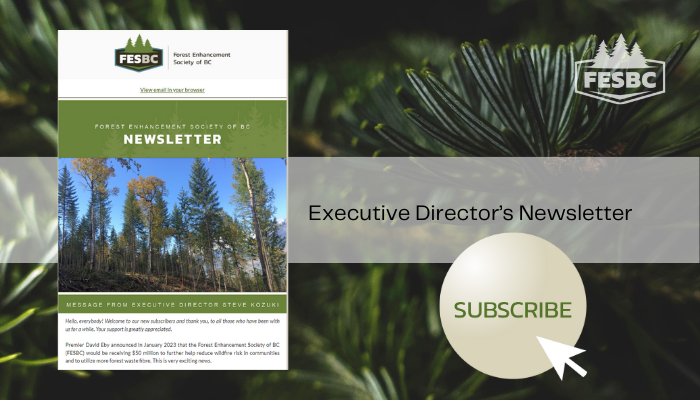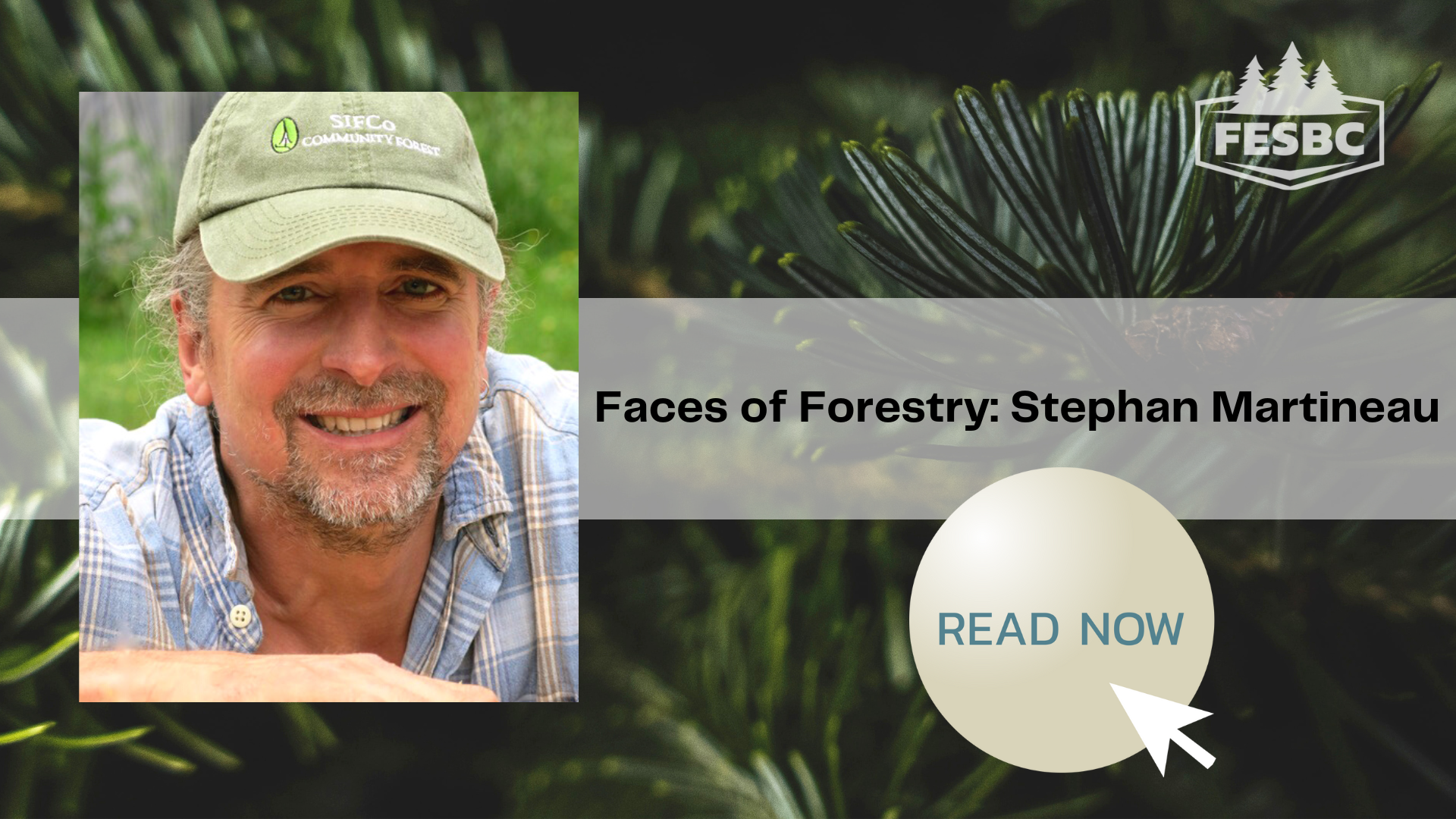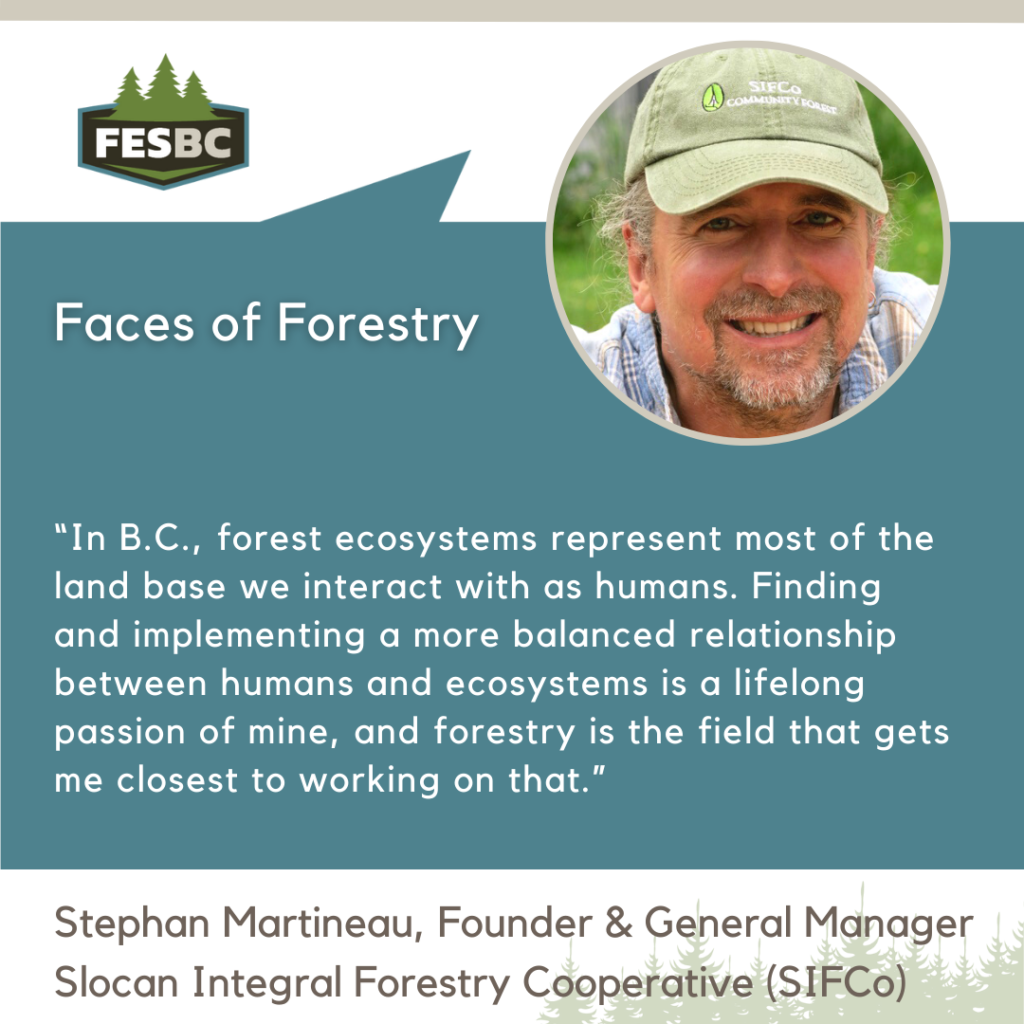Faces of Forestry is an initiative of the Forest Enhancement Society of BC (FESBC) to highlight people doing great work to enhance our forests throughout British Columbia. This month, we feature Ben Klassen, Chief Operating Officer of the Klassen Business Group.
Founded in 1963 by Ben’s grandfather, the Klassen Business Group has evolved from its humble beginnings in sawdust hauling to offering a wide variety of products and services with applications in the agricultural, landscaping, and industrial sectors.
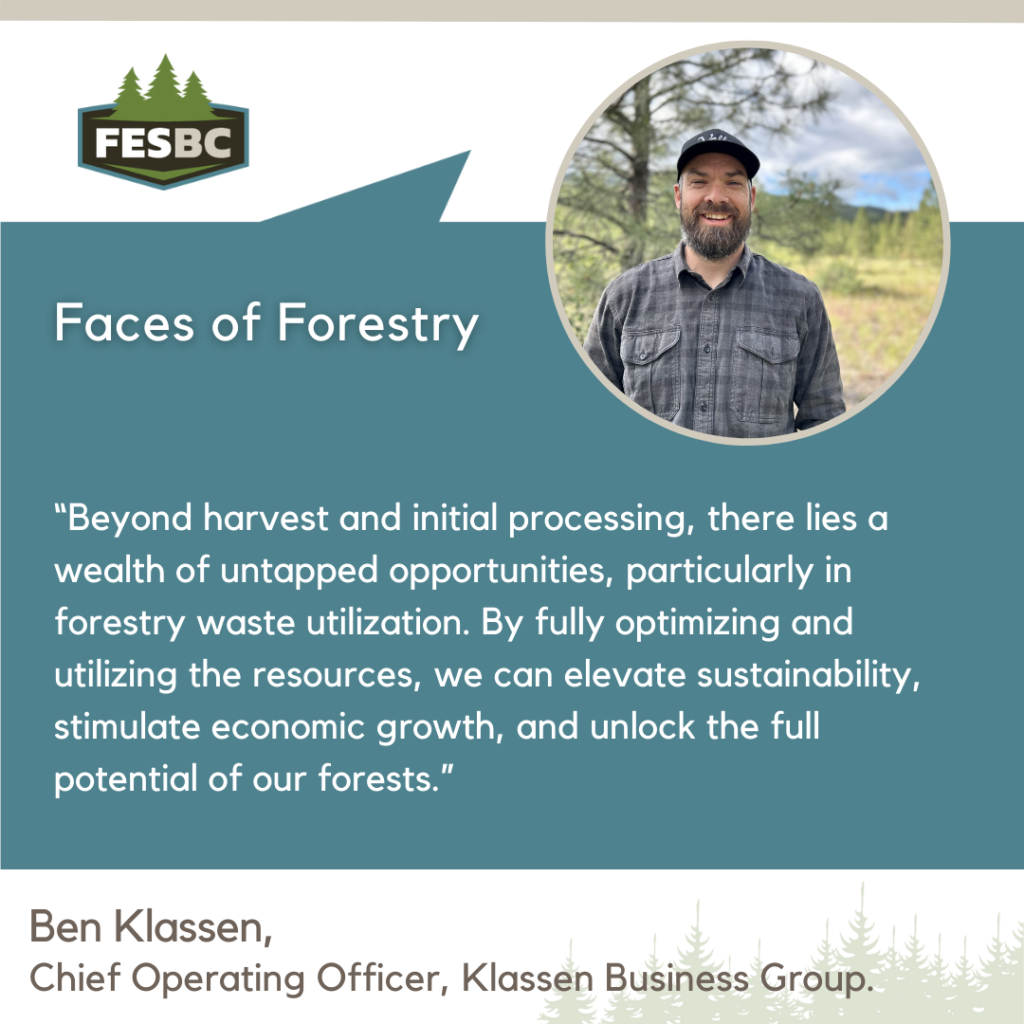
“It was only natural for me to pursue a career in the family business. Over time, I’ve developed a keen interest in forestry residuals and the responsible stewardship of our resources,” said Ben. “I’m always excited to find the optimal value and applications for our residual products, especially given the dwindling fibre resources.”
Over the years, Ben has worked in various roles within the business, gathering invaluable experience and in-depth understanding of the company’s operations and the industries they serve. This practical experience has shaped his hands-on leadership style and provided him with the expertise needed to effectively strategize and tackle challenges head on.
In his role as Chief Operating Officer, Ben leads the teams and companies through their daily operations, managing business development and maintaining strong relationships with customers and timber harvesting companies.
“I really enjoy serving our customers and taking on complex challenges. With the ongoing pressures of diminishing forest fibre supply and escalating demand, there’s no shortage of complexities to navigate. But with each challenge comes an opportunity for innovation and growth, and that’s what keeps pushing me forward,” he expressed.
For the past 6 years, the Klassen Business Group has been FESBC’s recipient for multiple proposals, enabling them to acquire more fibre to bring to the market that would previously been left in the forest as waste.
“FESBC’s ongoing support has also been integral to the growth and sustainability of our operations in Merritt, B.C., where the market has been hit hard by timber supply reductions, magnifying the importance of managing forestry waste wood in the forest and turning it into biomass to make green energy and sustainable forest products,” he added.
As Ben expressed, the level of collaboration within the forestry industry is deeply inspiring, as he has witnessed first-hand how multiple groups have come together to design creative projects that solve problems and accomplish a common goal.
“The collaboration between our division of Valley Carriers, along with Stuwix Resource Joint Venture, the Innovation, Bioeconomy and Indigenous Opportunities branch, FESBC and BC Jobs Manufacturing, allowed us to launch the BioHub project in Merritt over the last year. This coordinated effort enabled us to utilize 35% more wood than would be traditionally harvested and projects like these are significant strides in sustainable forestry practices and responsible use of resources.”
Throughout his career, Ben has found a genuine sense of satisfaction in developing innovative solutions that meet their customers’ needs and exceeds their expectations. However, what truly fulfills him is the impact their work has on the lives and livelihoods of so many people across the province.
“Employing 200 individuals and supporting numerous careers and families is incredibly gratifying. It’s a privilege to contribute to something that not only drives economic growth but also nurtures and sustains communities and the people within them,” he expressed.
For Ben, forestry holds immense potential for the future as a multifaceted driver of employment and economic growth, reaching far beyond the confines of traditional activities.
“Beyond harvest and initial processing, there lies a wealth of untapped opportunities, particularly in forestry waste utilization. By fully optimizing and utilizing the resources, we can elevate sustainability, stimulate economic growth, and unlock the full potential of our forests.”
As the availability of timber supply dwindles, the Klassen Business Group’s role becomes increasingly crucial to effectively use more of the wood we do have and meet the growing need for wood fibre, especially in sectors like agriculture and energy.
“While there may be a traditional perception gap regarding these resources, by adopting a more open-minded approach, we can reimagine the potential of these resources and leverage them to address pressing market demands,” he remarked.
Thank you, Ben, for your leadership and dedication to responsible forestry stewardship and innovative resource utilization.



